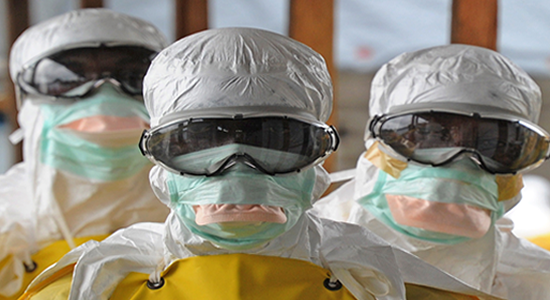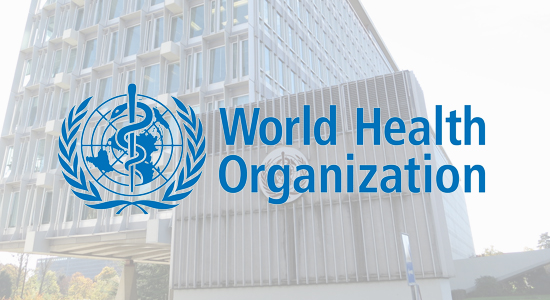Nigeria on Monday recorded 1,204 new confirmed cases of COVID-19, the highest number of new infections recorded in a day, totalling it to 91,351 cases, the Nigeria Centre for Disease Control (NCDC) said. According to NCDC, the new cases were recorded in 20 States and the FCT, with Lagos remaining the epicentre of the pandemic with 654 cases, while FCT had 200. Other States include Plateau-60, Kaduna-54, Kano-40, Rivers-30, Edo-28, Nasarawa-25, Kebbi-19, Bauchi-18, Oyo-13, Akwa Ibom-12, Bayelsa-11, Ogun-11, Delta-9, Abia-8, Benue-5, Imo-three, Borno-2, and Sokoto and Osun with 1 case each.













